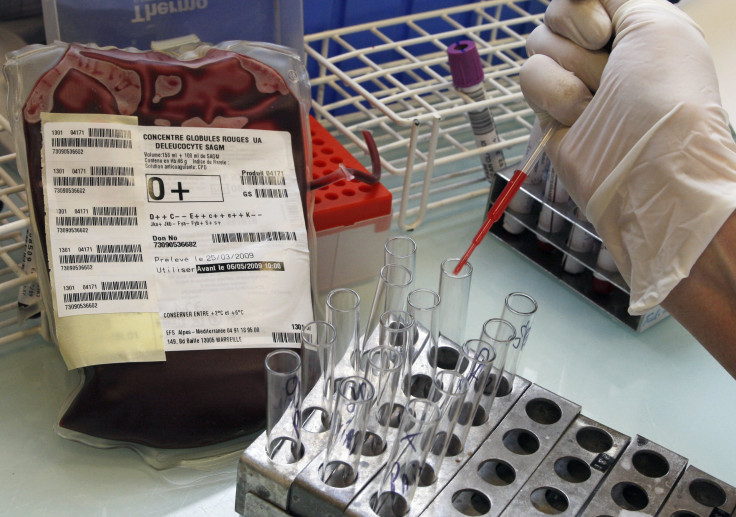Are cancer screening tests useless? A US study suggests it might not save lives

An analysis conducted by researchers at the Oregon Health and Science University suggests that while cancer screening might help limit the number of deaths from tumours, it does not necessarily help save lives.
The researchers claim that when deaths from all reasons and causes are considered, cancer screening might not prove helpful. According to the lead study author Dr. Vinay Prasad, some deaths are unrelated to cancer and happen only because of cancer screening due to the complications of the procedure or cancer treatment.
As a result of the screening, a person might undergo different forms of cancer treatment, including chemotherapy, radiation and surgery. Each procedure has its own complications and might even result in death in worst case scenarios.
In an interview with Reuters, Prasad further said that some forms of cancers are overdiagnosed. That is, sometimes cancer screening detects abnormal cells that would never grow into cancer or not before the concerned person died of natural old age or any other reason.
The researchers argue that all previous research might have considered too few people to assess the accurate amount of mortality benefits associated with screening.
An analysis of a study testing patients' stool for colorectal cancer found that 128 people died of cancer among every 10,000 people who got screened for the disease as compared to 192 deaths among 10,000 who did not get screened.
However, the difference between the two groups was not significant when the researchers looked at all the reasons for death. The researchers, therefore, concluded that to detect the decrease in the overall number of deaths in both the groups, a larger sample of people was required.
The authors further explain in the journal BMJ that mammograms too help reverse only one death in 1,000 breast cancer patients. In addition, inaccurate results associated with false positive screening lead to hospital admission and deaths.
“There used to be ads saying if a woman hadn’t had a mammogram, she needed more than her breasts examined,” said Prasad, in the interview. “The fact that the medical profession promoted screening so strongly, when it was always a balancing act, when it was always a personal choice, is really shameful.”





















